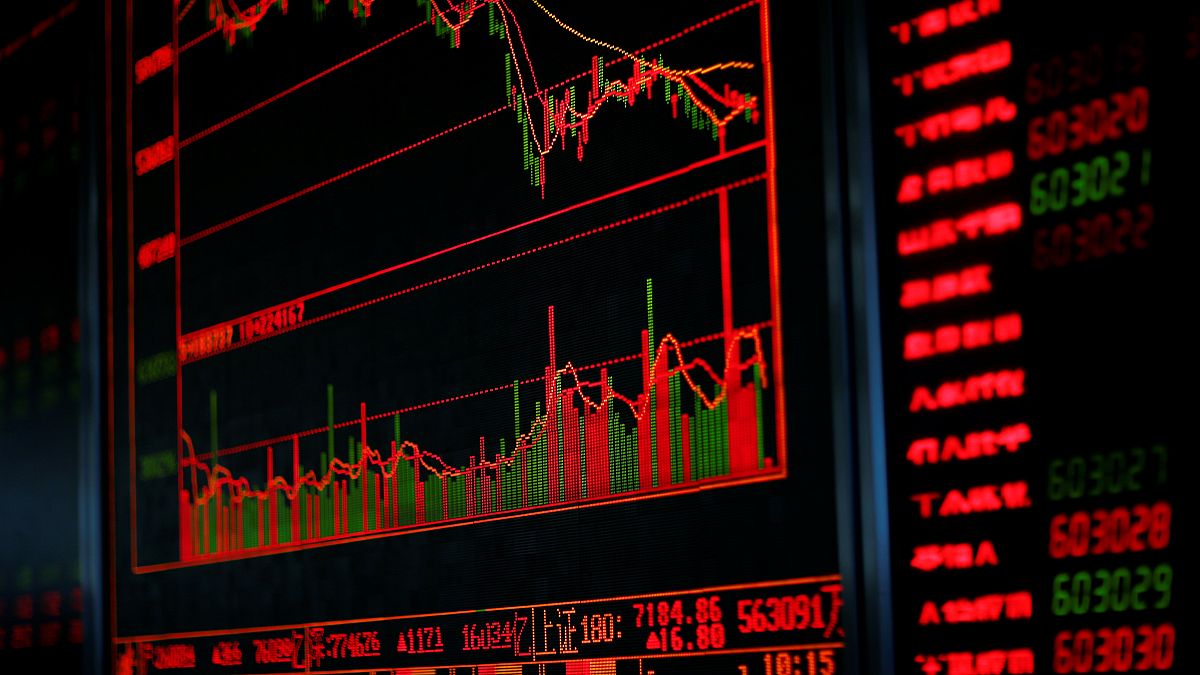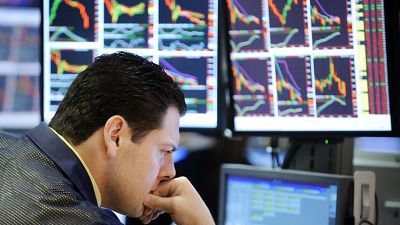Stocks under a cloud as U.S. political uncertainty adds to growth fears
Global stock markets were heading into the year-end under a heavy cloud after another rout this week as U.S. political uncertainty added to heightened concerns over slowing global economic momentum.
Asian equities were shaky on Wednesday following the plunge in Wall Street on Christmas eve in the face of a series of unnerving U.S. political developments, including a U.S. federal government shutdown and President Donald Trump's increasingly hostile stance towards the Federal Reserve chairman.
U.S. Treasury Secretary Steven Mnuchin had also raised market concerns by convening a crisis group amid the pullback in stocks.
S&P 500 emini futures were effectively flat, pointing towards a subdued start for Wall Street when the U.S. market reopens after Christmas Day, when many of the world's financial markets were shut.
MSCI's broadest index of Asia-Pacific shares outside Japan <.MIAPJ0000PUS> dipped 0.1 percent.
Japan's Nikkei <.N225> bounced 1.8 percent after diving 5 percent the previous day to a 20-month low and slipping into bear market territory.
"In addition to concerns towards the U.S. economy, the markets are now having to grapple with growing turmoil in the White House which has raised political risk ahead of the year-end," said Masahiro Ichikawa, senior strategist at Sumitomo Mitsui Asset Management.
U.S. stocks have dropped sharply in recent weeks on concerns over weaker economic growth. Trump has largely laid the blame for economic headwinds on the Fed, openly criticizing its chairman, Jerome Powell, whom he appointed.
That has further rattled investors as they grappled with fears of slowing global growth, corporate earnings and U.S.-China trade tensions.
In an effort to reassure investors, Treasury Secretary Mnuchin spoke on Sunday with the heads of the six largest U.S. banks, who confirmed they have enough liquidity to continue lending and that "the markets continue to function properly."
U.S. bond yields have declined as the market rout, including a steep sell-off in oil, prompted investors to move into safe-haven government debt, adding to the growing pressure on the dollar.
The dollar traded at 110.56 yen after retreating to a four-month low of 110.00 overnight against its Japanese peer, which also tends to attract demand as a perceived safe-haven during times of market volatility and economic stress.
The euro was 0.25 percent higher at $1.1418 .
The 10-year U.S. Treasury note yield stood at 2.747 percent following a descent on Monday to 2.733 percent, lowest since early April.
In commodities, U.S. crude futures were up 1.35 percent at $43.11 per barrel after tumbling 6.7 percent on Monday.
Oil prices plunged to the lowest level in more than a year on Monday, as bearish stocks added to fears of an economic slowdown. [O/R]
Safe-haven gold was well bid, with spot prices at a six-month peak of $1,270.25 per ounce.



